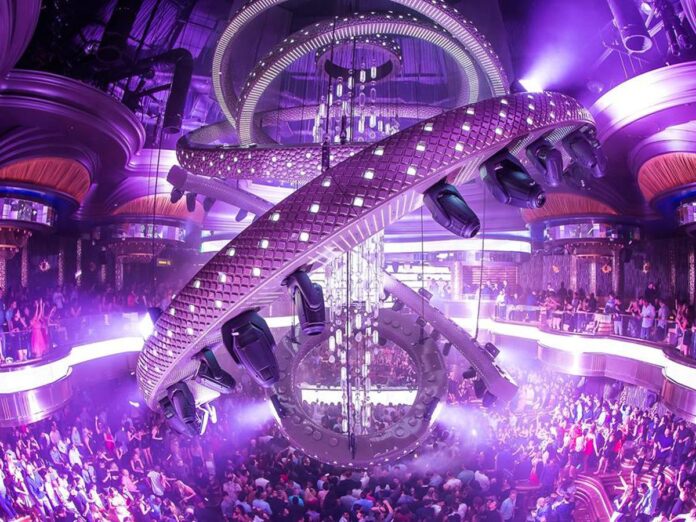The Decline of Club Culture in Major Cities
The late-night raver culture is witnessing a significant decline, as major cities globally report a decrease in club culture. Factors such as rising operational costs, reduced tourism, Generation Z’s waning interest in traditional clubbing, and the escalating popularity of music festivals contribute to the closure of numerous clubs.
This trend highlights a larger shift in nightlife across vibrant urban centers like Berlin, Barcelona, Melbourne, and New York. Despite the increasing global appeal of dance music, club-goers are finishing their nights earlier. Between 2014 and 2024, the number of events extending past 3 a.m. declined in 12 out of 15 major cities, based on a Financial Times analysis of Resident Advisor listings.
Stricter licensing regulations, particularly in the aftermath of COVID-19, have further burdened nightclubs. Although some cities embraced initiatives like night mayors and “24-hour city” frameworks, pandemic-related oversight has resulted in heightened restrictions on late-night activities.
Daytime events and festivals are rapidly gaining traction. Mike Vosters, the founder of Matinee Social Club, observed that his early evening parties in New York, originally aimed at millennials, are drawing increased interest from younger party enthusiasts. He attributes this trend to a cultural shift away from “bottle service” clubbing towards healthier, more balanced lifestyles.
In Melbourne, often hailed as the world’s live music capital, the nightclub scene has drastically dwindled over the past two decades. The combination of rising costs and evolving consumer habits, especially post-pandemic, has led to over 100 club closures in recent years.
Nevertheless, electronic music continues to flourish. A report by the International Music Summit indicated that the industry experienced a 17% growth in 2023, generating $11.8 billion in annual revenue. Additionally, the number of venues hosting more than five events each year increased by 60% across 15 cities from 2014 to 2024, with artist bookings nearly doubling during this period.





